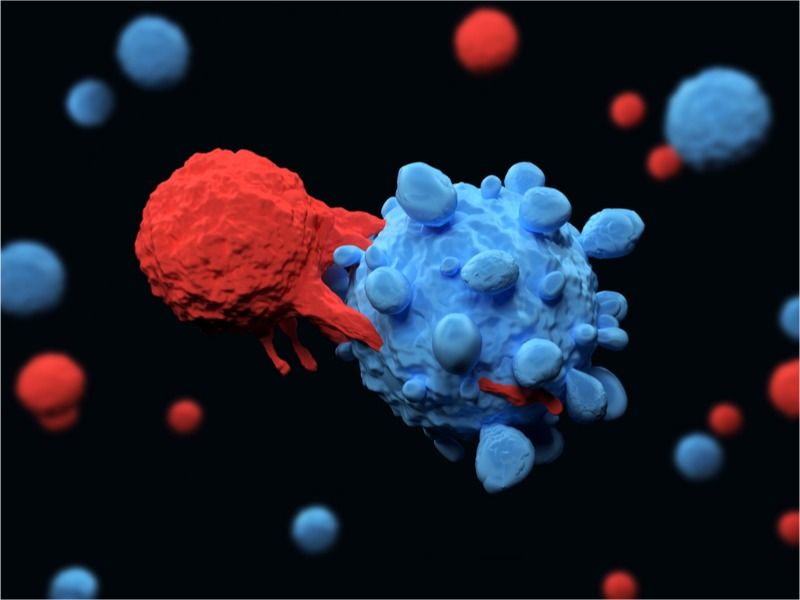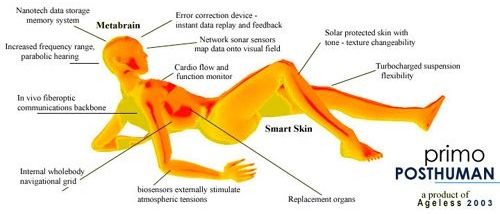New research analyzes prostate cancer cells and finds the reason why the body’s own immune system may promote progression of the disease.



Mention artificial intelligence (AI) or artificial neural networks, and images of computers may come to mind. AI-based pattern recognition has a wide variety of real-world uses, such as medical diagnostics, navigation systems, voice-based authentication, image classification, handwriting recognition, speech programs, and text-based processing. However, artificial intelligence is not limited to digital technology and is merging with the realm of biology—synthetic biology and genomics, to be more precise. Pioneering researchers led by Dr. Lulu Qian at the California Institute of Technology (Caltech) have created synthetic biochemical circuits that are able to perform information processing at the molecular level–an artificial neural network consisting of DNA instead of computer hardware and software.
Artificial intelligence is in the early stages of a renaissance period—a rebirth that is largely due to advances in deep learning techniques with artificial neural networks that have contributed to improvements in pattern recognition. Specifically, the resurgence is largely due to a mathematical tool that calculates derivatives called backpropagation (backward propagation)—it enables artificial neural networks to adjust hidden layers of neurons when there are outlier outcomes for more precise results.
Artificial neural networks (ANN) are a type of machine learning method with concepts borrowed from neuroscience. The structure and function of the nervous system and brain were inspiration for artificial neural networks. Instead of biological neurons, ANNs have artificial nodes. Instead of synapses, ANNs have connections that are able to transmit signals between nodes. Like neurons, the nodes of ANNs are able to receive and process data, as well as activate other nodes connected to it.




For the first time ever, an international team of researchers imaged the microscopic state of negative capacitance. This novel result provides researchers with fundamental, atomistic insight into the physics of negative capacitance, which could have far-reaching consequences for energy-efficient electronics.



Researchers at UCLA have managed to guide pluripotent stem cells into becoming adult T cells, the cells that patrol the body to kill cancer and other diseases and that are trained in our thymi.
The study, published in Cell Stem Cell, was led by senior author Gay Crooks, M.D., a professor of pathology and laboratory medicine and of pediatrics. Dr. Crooks is the co-director of the Eli and Edythe Broad Center of Regenerative Medicine and Stem Cell Research at UCLA.

https://paper.li/e-1437691924#/
Primo 3M+ is a prototype future body, a conceptual design with superlongevity in mind. Primo by design is multi-functional. It is reliable, changeable, upgradeable, and complete with enhanced senses. Primo is the new designer body.
Originally posted 2002 and excerpted from www.natasha.cc/primo.htm. Published on KurzweilAI.net February 20, 2002.
If you could design your own body–give it any shape, size, color, contour, texture and elegant design–what would you choose?